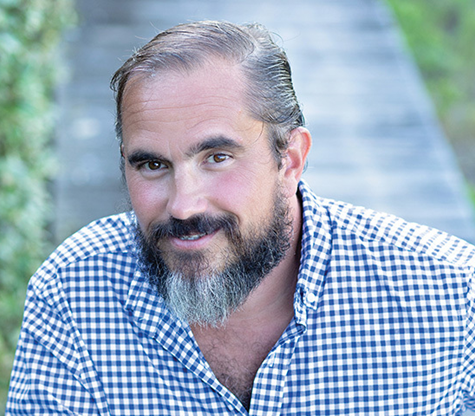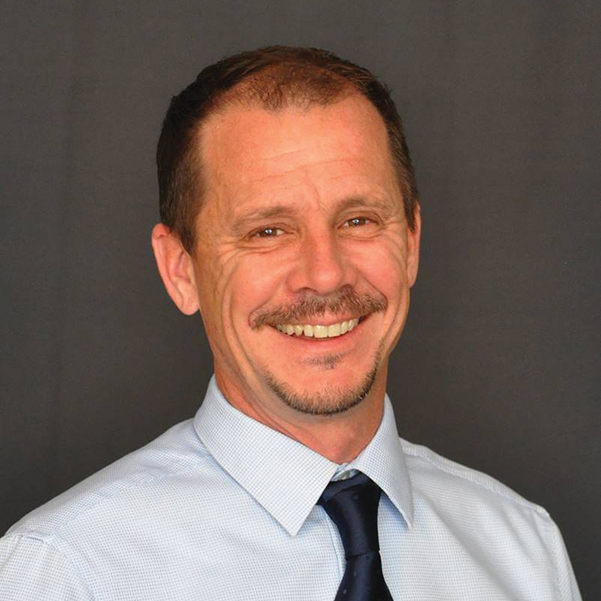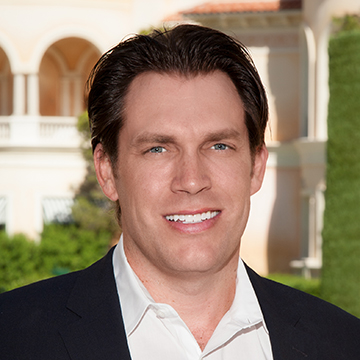From Dentist to Real Estate Executive
Five Brothers’ Nickie Kalas is Dedicated to Growth & Service by Carole VanSickle Ellis Nickie Badalamenti-Kalas grew up in the business of real estate. As the youngest child of Joseph “Joe Bada” Badalamenti, founder and present-day chairman emeritus of field service solutions provider Five Brothers Asset Management Solutions, the industry was always operating in the background of her childhood home. “My dad started [Five Brothers] with my mom, who worked
Read More












